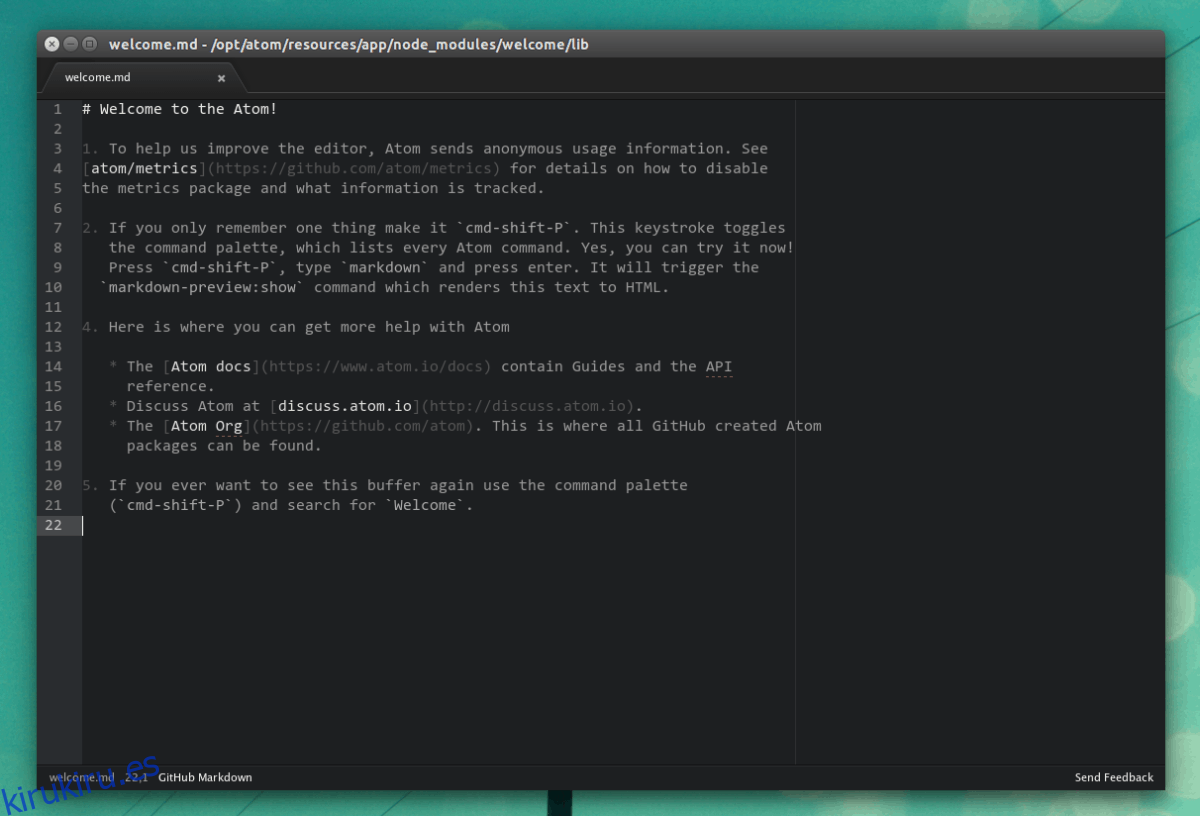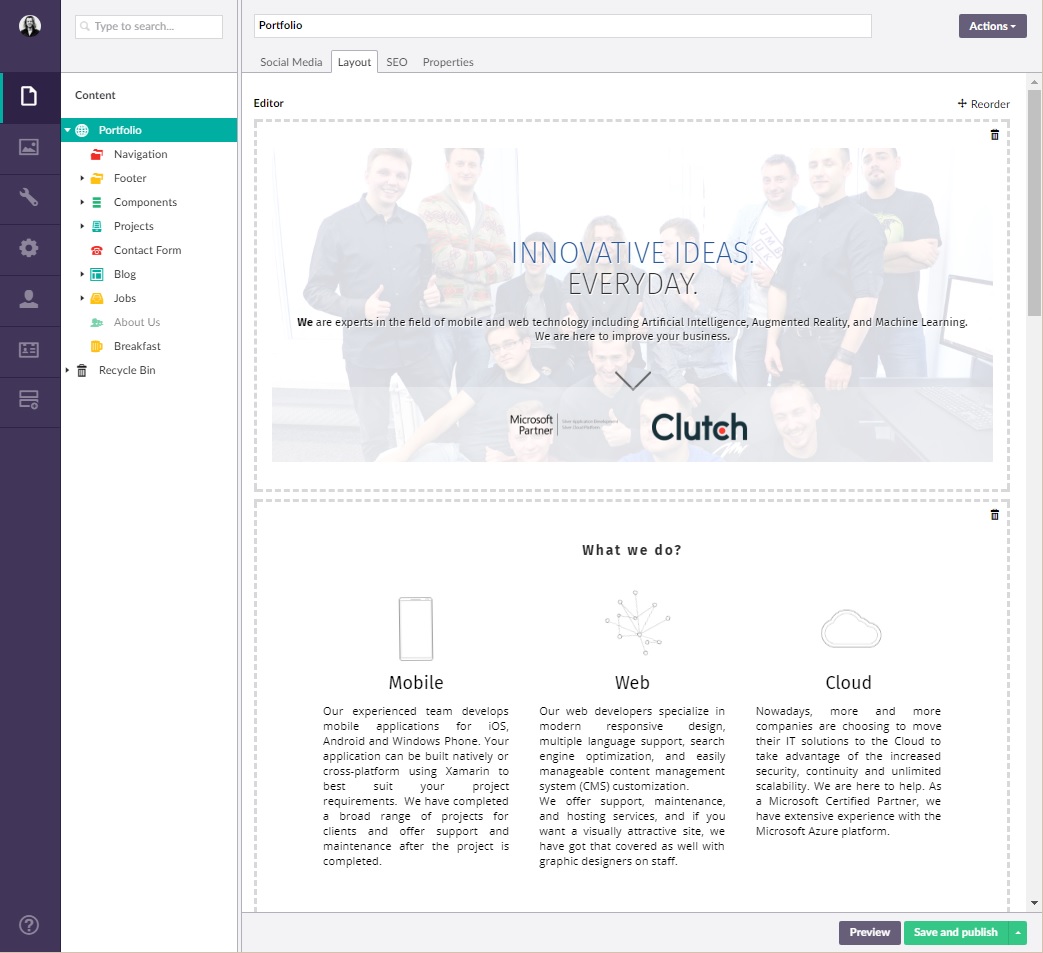

The server will do all the work for the developer. An environment is like a computer but on the cloud.

#Github web editor code#
In simple words, Visual Studio Code is running in your browser with an environment.Ī developer can easily set up the project from a repo in 2–3 minutes and avoid the boring way of first cloning the repo, installing the dependencies, checking compatibility, etc. If you can’t run your project due to low RAM or CPU cores - Codespaces has you covered. This environment will be hosted on the cloud, so no worries regarding hardware.

Codespaces provides you with a development environment in the browser itself.
#Github web editor mac#
Binary packages are available for all major operating systems, from Linux to Mac and Windows.I will cover the following points in this article:Ī few months back, GitHub announced its new application - Codespaces. Under the hood, Atom uses io.js,Chromium, and CoffeeScript, the latest technologies at the forefront of JavaScript development. In April of this year, Microsoft also joined the Atom party, with the release of Visual Studio Code, a cross-platform code editor, which was built on Electron, the framework on which Atom runs as well. Nuclide eventually replaced Apple's Xcode along the way, was re-packed as classic Atom packages, and open sourced a few days ago for everyone to use, on top of Atom's core, without conflicting with other packages. The modular architecture which made it a success during its beta stage, has also made it popular even with big companies like Facebook, which used Atom as the base for its own internal source code editor, Nuclide.īecause Atom allowed Facebook programmers to build and switch packages based on their company's internal coding guidelines, it allowed each Facebook department to have its own custom-built editor on hand for the task they were doing. Nowadays, Atom has been downloaded over 1.3 million times, comes with over 660 themes, and has 2,090 packages. This Emacs-like architecture and the fact it was written in JavaScript endeared it to the open source community, which started contributing its own packages soon after its release. Instead of packing everything in the editor's core and slowing down the software, Atom's innards are extremely light, outsourcing all functionality to what it calls "packages." Atom, even in its very early version, was and still is exactly the opposite to what Eclipse stands for. Soon after, he dedicated himself again to Atom, and together with other GitHub engineers laid the base for the editor's future, later adding it to the list of official GitHub-supported projects.Īs the editor grew, February 2014 rolled around, and the GitHub team wowed the development community with its JavaScript-based code editor that was the exact the opposite of everything else what was on the market until then.Ĭoincidentally today we wrote a piece about Eclipse's latest release train, Eclipse Mars. Wanstrath's interest in his darling project was reignited many years later, when he stumbled across a similar Web-based open source code editor written in JavaScript: Ace. GitHub's success delayed Atom's developmentĪs time went by, Atom hibernated on a server somewhere, and Mr. This "small" GitHub project turned out to be very successful in the end, as you can tell yourself by now, being at the center of everything programming-related, either if its online, mobile or desktop software.

It was only in 2008 when Chris' growing coding expertise allowed him to put the first version of Atom together, back then being known under a different name, Atomicity.īut the project didn't go far, mainly because Chris was also busy with another project, a small company which he and two friends founded under the name of GitHub. Wanstrath wanted to build a modular source code editor which allowed developers to customize it to their own needs. Launched to the public for the first time in February 2014, Atom's origins actually reside somewhere in Chris Wanstrath's early days as a developer when he fell in love with Emacs, a similar source code editor written in Lisp, many, many decades before. On a blog post and at a conference somewhere in Tennessee, GitHub announced the first stable release of its open source, Web-based source code editor: Atom.


 0 kommentar(er)
0 kommentar(er)
